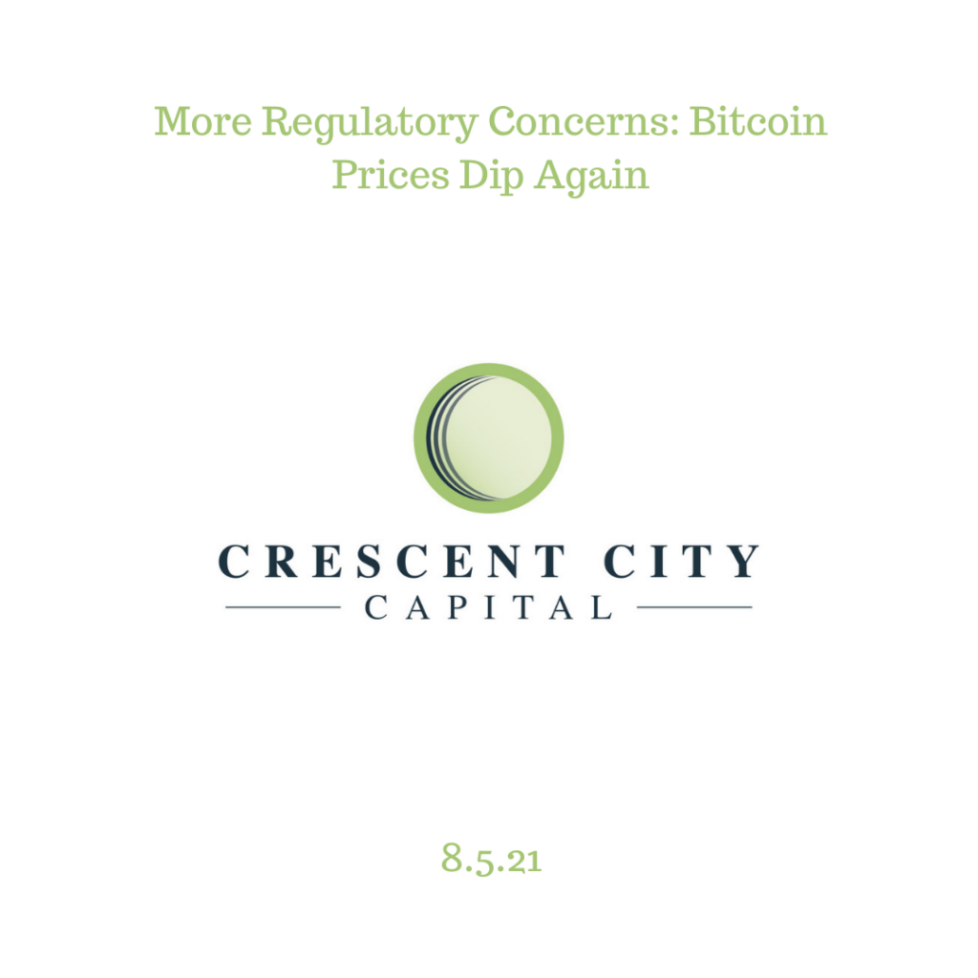Variants and Cryptocurrencies: How has omicron affected cryptocurrencies?
Written By: Ira Rahman
With the new wave of omicron spreading worldwide, there is growing uncertainty amid economic recovery and covid reopening plans. There are still many questions to be answered about this new variant. We are still unsure if this variant imposes a more significant risk than delta, whether current vaccines are still compatible, will it lead to more travel bans, and what might happen to police around economic recovery in the world. Medical experts will need more time to evaluate the new variant’s effects.
In recent news, worries about the potential impact of the omicron variant of the coronavirus on the global economy and rising inflation fears have impacted U.S. stock markets. Wall Street’s economists have begun trimming their forecasts for economic growth, some of them citing the impact that the variant could hamper the pace of reopening. Many think the main risk is that the new variant will worsen persistent global supply chains bottlenecks.
This week, The Dow Jones Industrial Average was roughly 300 points higher shortly after the open Tuesday. One day after surging 646 points, or nearly 1.9% increase, In a CNBC article, Jim Cramer, TV Market Analyst, pointed out, investors have been growing less worried about omicron. Wall Street, coming off a losing week, has recently been volatile, evidenced by the Dow’s ups and downs since its 905-point plunge on Nov. 26. Other wall street indicators, such as Nasdaq and the S&P 500, have seen recovery from the initial omicron dip in prices. Cramer further said Wall Street was likely overshooting stock market fears amid the omicron announcement. The following increase in prices is likely from investors believing their initial fears about the variant is an overaction in the market.
In terms of the Fed’s response to the variant for economic policy, there is worry about exacerbating inflation in the coming months prompts more supply shortages as the delta variant has created. According to the Chief Economist of Flexport Research, Phil Levy states, “Every time you interrupt the flow, you add to the backup.” Flexport Research has complied data that suggests that the Delta variant made supply problems worse by reducing Shipping times, which had been falling since March. According to the O.E.C.D. The latest economic forecast warned that the Omicron variant of the coronavirus could worsen supply bottlenecks and push up inflation.
Suddenly, investors are worried about the virus and there appears to be a selloff in stock exchanges. “The variant is a bigger culprit for the sell-off,” said James Ragan, director of wealth management research at D.A. Davidson. Still, investors need to keep in mind that Wall Street is having a positive year even with the recent bout of volatility. The S&P 500 is up nearly 25%, the Nasdaq has gained more than 20%, and blue-chip tech stocks have been successful this year.

(AP Illustration/Peter Hamlin) The Associated Press
Impact On Cryptocurrencies?
According to an article written by Chris McDonald on Nasdaq.com, concerns that the new omicron coronavirus variant could slow capital flows into risk assets continue to be key headwind crypto investors are focused on. Additionally, there is speculation that investors could make gains this year, rather than wait for additional clarification on crypto taxation rules in 2022. However, what’s clear is that a significant amount of leverage continues to exist in crypto markets. McDonald writes that when risk-off sentiment takes hold, as it has in the wake of this recent variant discovery, leverage-driven wash-outs can drive significantly higher downside volatility in such asset classes. Additionally, crypto investors and traders who have booked significant gains this year may be enticed to take these gains now rather than wait for what happens next year.
Katie Stockton of Fairlead Strategies said that long-term momentum is still moving upward despite the correction. She cautioned investors against reducing holdings of bitcoin or other correlated altcoins until prices stabilize.
Meanwhile, the likelihood of entering a bearish market for cryptocurrencies has led many to buy cryptocurrencies at a lower price, with optimistic views about the deflationary effect of cryptocurrencies against increasing inflation. In a tweet on Dec. 9, Mick McGlone, a senior commodity strategist at Bloomberg’s research arm, forecast that next year would be good for both gold and BTC and that BTC’s price could end potentially up to $100,000 next year due to inflationary pressures leading to declining commodity prices and equities.
Work Cited:
Belvedere, M. J. “Cramer Says Stock Market Comeback Fueled by Scramble to get Back in After Omicron Overreaction.” CNBC; cnbc.com, Dec 7, 2021. https://www.cnbc.com/2021/12/07/cramer-says-stock-market-comeback-fueled-by-scramble-to-get-back-in-after-omicron-overreaction.html
Suberg, W. “Bitcoin could hit $100K, gold $2K in 2022 Thanks to ’Deflationary Forces.” Cointelegraph; cointelegrah.com, December 9, 2021. https://cointelegraph.com/news/bitcoin-could-hit-100k-gold-2k-in-2022-thanks-to-deflationary-forces-bloomberg-analyst
La Monica, P. “Omicron and the Fed might finally kill this bull market.” CNN; cnn.com, Nov 30, 2021. https://www.cnn.com/2021/11/30/investing/stock-market-omicron-federal-reserve/index.html
Sorkin, A. R., Karaian, J., Kessler, S., Gandel, S., Merced, M. J. de la, Hirsch, L., & Livni, E. “The Debate over Whether Omicron will make Inflation Worse,” The New York Times; nytimes.com, December 1, 2021. https://www.nytimes.com/2021/12/01/business/dealbook/omicron-inflation-supply-chain.html









